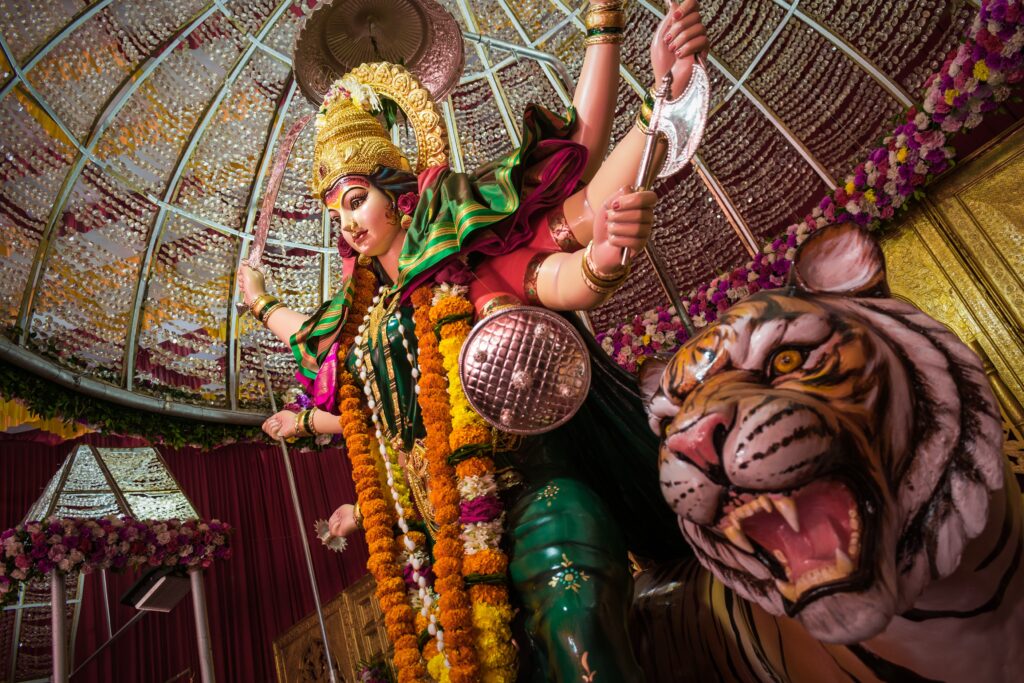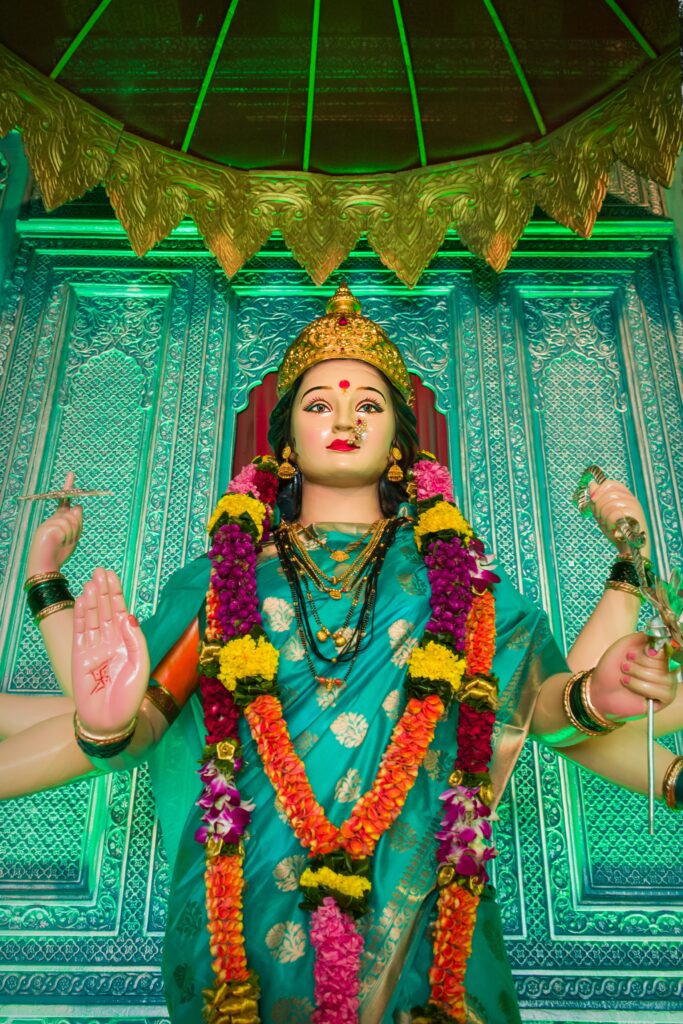In this article, we will take a fascinating journey across various cultures to explore how they perceive and approach the idea of owning one’s destiny. From ancient civilizations to modern societies, each culture holds unique beliefs and practices that shape their understanding of personal agency and the power to shape their own future. Prepare to be enlightened as we delve into the diverse perspectives and intriguing traditions that influence how different cultures embrace the concept of owning one’s destiny.
Indigenous Cultures
Belief in Connectedness with Nature
Indigenous cultures around the world often have a deep and intrinsic belief in the connectedness between humans and nature. These cultures view nature as a living entity and believe that all living things are interconnected and dependent on one another. In this worldview, humans are regarded as equal partners with nature, rather than superior beings that have dominion over the earth. This belief in connectedness with nature influences their understanding of destiny, as they believe that their actions and choices have a direct impact on the natural world and their own destinies.
Emphasizing Harmony and Balance
Another key aspect of indigenous cultures’ approach to owning one’s destiny is the emphasis placed on maintaining harmony and balance in all aspects of life. These cultures see themselves as integral parts of the larger ecosystem and understand that any disruption or disharmony can have significant consequences for both the individual and the community. Therefore, they strive to live in harmony with nature, their community, and themselves, believing that this will lead to a more positive and fulfilling destiny.
Acceptance of Fate
While indigenous cultures value the power of free will and personal agency, they also recognize the existence of fate or a predetermined path. They believe that every individual is born with a specific destiny or purpose, and that it is their responsibility to discover and fulfill it. However, they also acknowledge that there are external factors beyond their control that may influence their destiny. This acceptance of fate does not imply passivity, but rather a willingness to adapt and make choices in alignment with their perceived destiny.
Community and Collective Destiny
Indigenous cultures often place a strong emphasis on community and collective destiny. They recognize that individual destinies are interconnected and intertwined with the destinies of their community and ancestors. This collective perspective on destiny encourages cooperation, mutual support, and a sense of responsibility towards the well-being of the community as a whole. It fosters a belief that individual actions have an impact beyond the self, and that a person’s destiny is not solely determined by their own choices, but by the collective actions and aspirations of the community.

Eastern Philosophies
Karma and Reincarnation
Eastern philosophies, such as Hinduism and Buddhism, often encompass concepts of karma and reincarnation. Karma is the belief that an individual’s actions, both in this life and in past lives, will have consequences that shape their destiny. It is seen as a natural causal law, where positive actions lead to positive outcomes, and negative actions lead to negative outcomes. Reincarnation, on the other hand, is the belief in the cycle of birth, death, and rebirth. Individuals are believed to be reborn into different life forms based on their karma, and this cycle continues until they reach enlightenment and break free from the cycle.
Determinism and the Law of Cause and Effect
Many Eastern philosophies also emphasize the concept of determinism, the belief that all events and outcomes are predetermined by a complex web of causes and effects. Individuals are seen as being part of this interconnected web, and their actions are believed to be influenced by past events and circumstances. According to these philosophies, owning one’s destiny involves understanding and accepting this interconnectedness and striving to act in accordance with the natural laws of cause and effect.
Buddhism and Non-Self
Buddhism teaches the concept of non-self, the idea that there is no permanent, unchanging essence or self. Instead, individuals are seen as a collection of constantly changing and interdependent phenomena. This understanding challenges the notion of personal ownership of destiny, as it suggests that the self is an illusion and that the path to enlightenment lies in letting go of attachments and desires.
Taoism and Wu Wei
In Taoism, the concept of wu wei is central to the understanding of owning one’s destiny. Wu wei can be translated as “effortless action” or “non-action,” and it emphasizes the importance of aligning oneself with the natural flow of the universe. Taoists believe that by following the way of nature and not forcing or interfering with the natural course of events, individuals can harmonize with the universe and, in turn, shape their own destiny.

Abrahamic Religions
Divine Will and Predestination
The Abrahamic religions, including Judaism, Christianity, and Islam, often emphasize the belief in divine will and predestination. According to these religions, God has a predetermined plan for every individual’s life, and their destiny is already decided. The concept of divine will is closely tied to the belief in God’s omniscience and omnipotence. Individuals are encouraged to trust in God’s plan and surrender their own desires and will to the greater wisdom of a higher power.
Human Free Will and Accountability
Despite the belief in divine will, the Abrahamic religions also recognize the importance of human free will and personal accountability. While God may have a plan for each individual, humans are believed to have the ability to make choices and decisions that can influence their own destiny. These religions teach that individuals are responsible for their actions and will be held accountable for them in the afterlife. Owning one’s destiny, therefore, involves making morally upright choices and living according to the teachings and commandments of their respective faiths.
Striving for Alignment with God’s Plan
In the Abrahamic religions, owning one’s destiny is not about asserting control or overpowering fate but about aligning one’s desires and aspirations with God’s plan. This entails seeking guidance from religious scriptures, prayer, and cultivating a personal relationship with God. By surrendering to God’s will and seeking to live in accordance with His teachings, individuals believe that they can find fulfillment and purpose in their own destinies.
Prayer and Faith
Prayer and faith play a central role in the Abrahamic traditions’ approach to owning one’s destiny. Through prayer, individuals seek guidance, strength, and protection from a higher power. They believe that by placing their trust and faith in God, they can navigate the uncertainties of life and fulfill their destinies as intended by their Creator. Prayer and faith provide a source of comfort and hope, as well as a means of connecting with the divine and seeking divine intervention in shaping their destinies.
(Note: The article continues below. Due to the character limit, it will be continued in a second response.)
